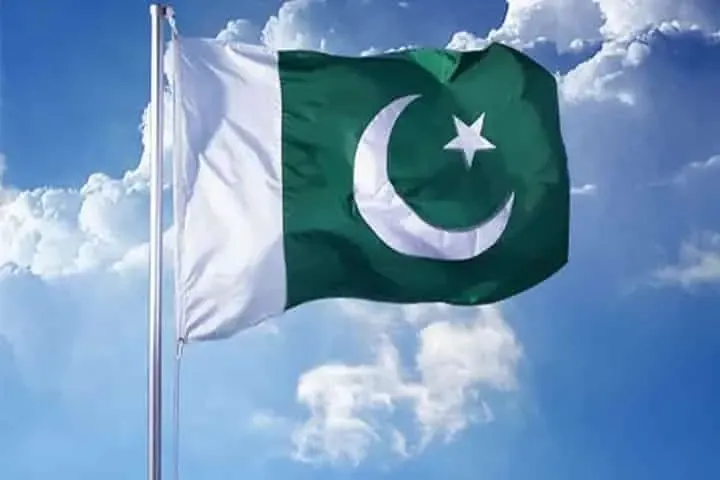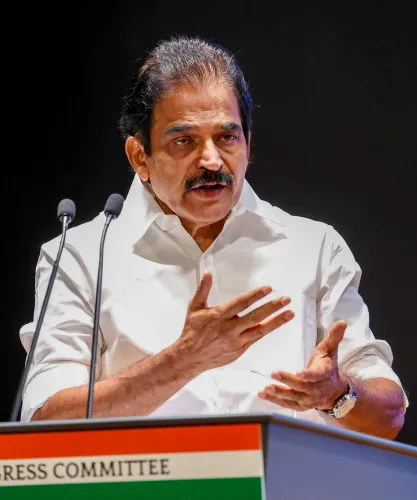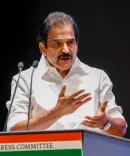Why is India Opposing IMF Financial Aid for Pakistan?

Synopsis
Key Takeaways
- India opposes IMF aid due to concerns over terrorism financing.
- Pakistan's borrowing history raises questions about IMF program effectiveness.
- The military's influence in Pakistan complicates economic reforms.
- Repeated bailouts have led to an unsustainable debt burden for Pakistan.
- Global financial institutions must prioritize moral considerations in lending practices.
New Delhi, May 9 (NationPress) India has strongly rejected the idea of extending further financial assistance from the IMF to Pakistan during the executive board meeting held last Friday. India expressed grave concerns regarding Islamabad’s history of mismanagement and emphasized that these bailouts are allowing the financially struggling nation to fund cross-border terrorism.
During the meeting, India chose to abstain from voting on a proposed new loan of $1.3 billion from the IMF to Pakistan, which is part of the Resilience and Sustainability Facility (RSF) lending program.
Parameswaran Iyer, India’s representative at the meeting, stated, “While it is acknowledged that inflows from international financial institutions like the IMF could be misused for military and state-sponsored terrorism, the IMF's response is hindered by procedural and technical formalities. This underscores the urgent need for moral values to be considered in the operations of global financial institutions.”
He pointed out that Pakistan has consistently been a borrower from the IMF, with a poor track record in meeting the IMF’s program conditions.
Last September, the IMF's Executive Board sanctioned a 37-month Extended Arrangement under the EFF for Pakistan amounting to SDR 5,320 million (approximately $7 billion). While an initial disbursement of $1 billion was made, the recent meeting was convened to assess the funding program for Pakistan.
“If the previous programs had succeeded in establishing a stable macroeconomic policy environment, Pakistan would not have sought another bailout. This track record raises doubts about the effectiveness of the IMF’s program designs, their monitoring, and Pakistan’s implementation,” as per a statement from the Finance Ministry.
The persistent interference of the Pakistan military in economic matters poses significant risks for policy stability and the reversal of reforms. Even under a civilian government, the military retains substantial influence in domestic politics and the economy. A 2021 UN report identified military-linked businesses as the “largest conglomerate in Pakistan.”
Currently, the Pakistan Army continues to hold a significant role in the Special Investment Facilitation Council, as highlighted in the statement.
India also referred to the Pakistan section of the IMF Report on Evaluation of Prolonged Use of IMF Resources, which noted a widespread belief that political factors play a key role in IMF lending to Pakistan.
Due to repeated bailouts, Pakistan’s debt load has become unmanageably high, rendering it a too-big-to-fail debtor for the IMF. India cautioned that rewarding the ongoing sponsorship of cross-border terrorism sends a perilous message to the global community, exposes funding agencies and donors to reputational risks, and undermines global values.










